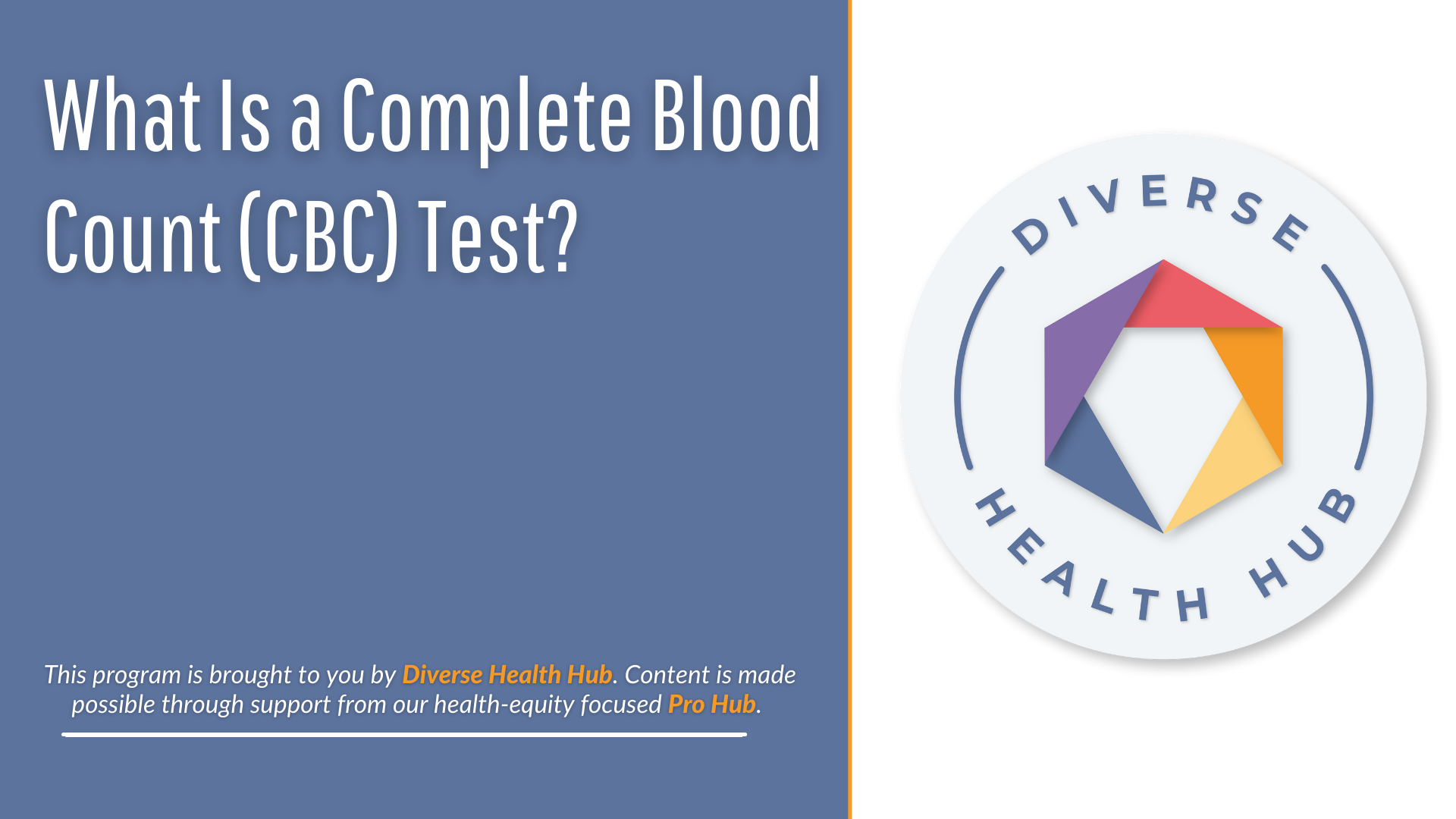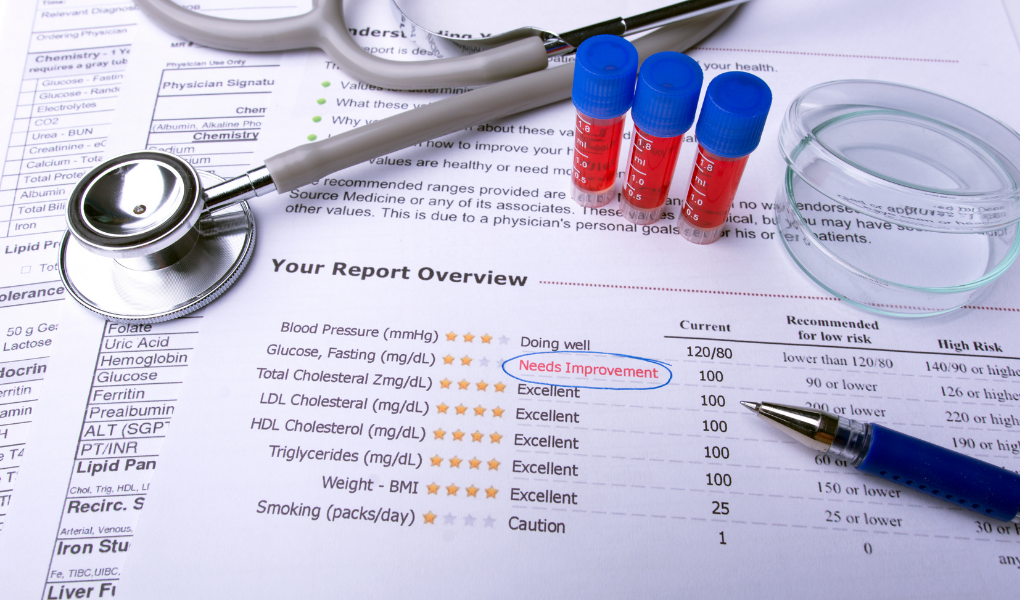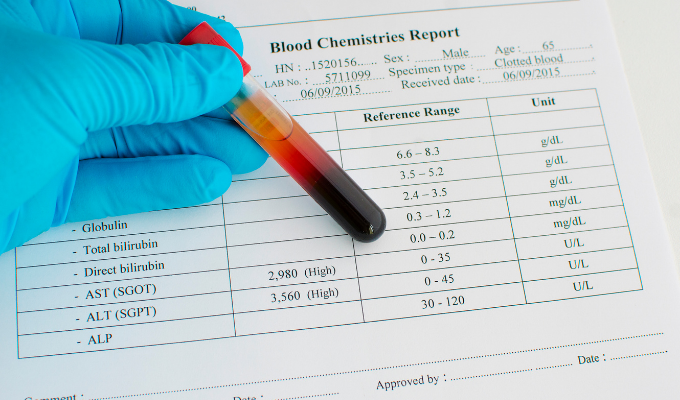What Is a Complete Blood Count (CBC) Test?

More Programs and Publications Featuring Dr. Kyle Riding
In this program:
A complete blood count (CBC) is a routine laboratory test that many healthcare providers use in assessing patients, yet it is also used in a wide variety of ways. Watch as medical laboratory scientist Dr. Kyle Riding explains the parts of a CBC test, the values and blood cell quality that are examined, and the diagnostic and predictive methods used with CBCs.
Transcript
Interviewer:
Dr. Riding, please tell us what a complete blood count is, or CBC, as some people may know it at a very high level if you may, please.
Dr. Kyle Riding:
Absolutely, so a complete blood count or a CBC is a very routine laboratory test that's ordered on many patients when they first arrive at their healthcare provider's office for whether it be a routine physical or a complaint of some type of medical malady that may be impacting their health and wellness. Now, the CBC is routinely ordered by physicians to diagnose any type of disorders that could be impacting the cells found within your blood. Now, there are several different blood cells, and we're going to get into details about them, such as red blood cells, white blood cells, and platelets, and because of the variety of cells that the CBC looks at and analyzes, there's a host of different disorders that it can actually diagnose or prognosis for the patient, such as anemia, such as inflammatory disorders, bleeding disorders, or heaven forbid, leukemias, lymphomas or other malignant conditions.
So that's kind of the CBC at a really high level. It's a really multifaceted test with a lot of different utilities that providers can use it for.
Interviewer:
Thank you, Dr. Riding, it is very insightful and in-depth, now let's...let’s drill down a little bit further. What is the anatomy of a CBC? In other words, what's included here?
Dr. Kyle Riding:
Absolutely, so a CBC has a variety of different tests that are part of it. The CBC is actually not just one single laboratory test as the name of complete blood count implies, it's actually a measure of the amount of white blood cells...of red blood cells and the platelets. And it also examines their quality for each one, I'm going to go through some of these different parameters or results that you may get as part of the CBC. It is just a numeric representation of the number of those cells found in a very small volume of your blood that we refer to as microliters. From there, we actually start assessing the quality of those different cells that we've now counted, for example, the red blood cell, has a few tests typically found right underneath that red blood cell count that tell us the quality of those red blood cells, and it includes the hemoglobin value, the hematocrit value, and then some indices of quality or indicators of quality of those red cells' size and how much, they are concentrated with that protein, we call hemoglobin. In addition, we usually have, in many instances, on top of the white blood cell count, an estimation of the percentage of each different type of white blood cell that's found in patients.
So there are white blood cells as a total cell type, but then we can break them down further into distinct characteristic types of white blood cells that all have unique structure and all have unique functions, and by looking at those percentages of each of those individual cells, we may be able to track different disorders that are inflammatory in nature, such as a bacterial infection versus a viral infection. We often refer to this as a white blood cell differential or just a diff, you may hear it referred to as. Finally, you can't forget those platelets, they are very important to us, and the platelets, their quality is often assessed via what's called the MPV or mean platelet volume, and that's just telling us how big are these platelets, and there are some different uses of that MPV that over the last several years have been found to be predictive of some impending conditions such as coronary heart disease and acute myocardial infarction, and so there is a wide gamut of different disorders that this CBC can detect because of the vast number of components that comprise it.
In retaining editorial control, the information produced by Diverse Health Hub does not encapsulate the views of our sponsors, contributors, or collaborators.
Importantly, this information is not a substitute for, nor does it replace professional medical advice, diagnosis, or treatment. If you have any concerns or questions about your health, you should always consult with a healthcare professional. To learn more about privacy, read our Privacy Policy.
Related Videos:


























